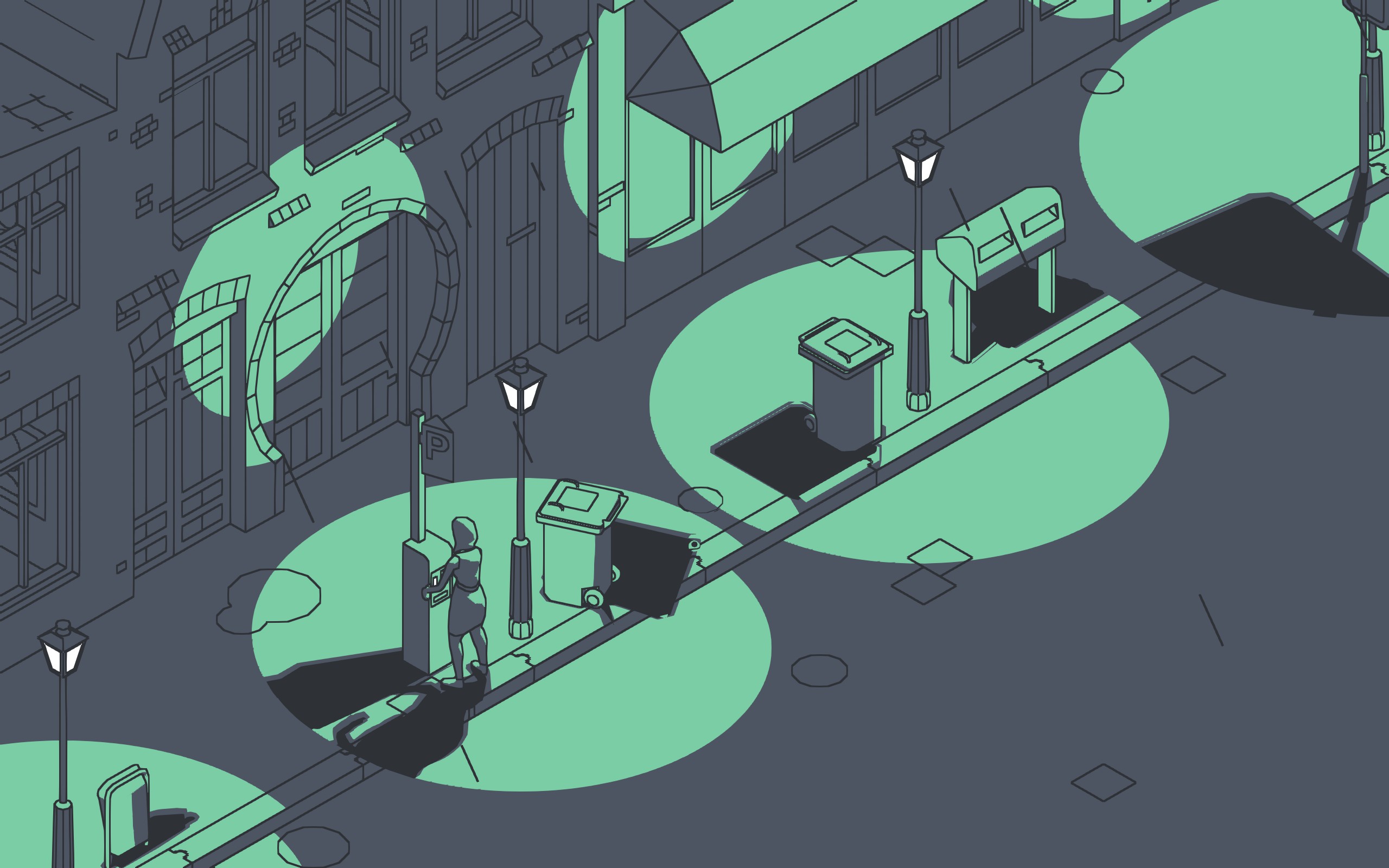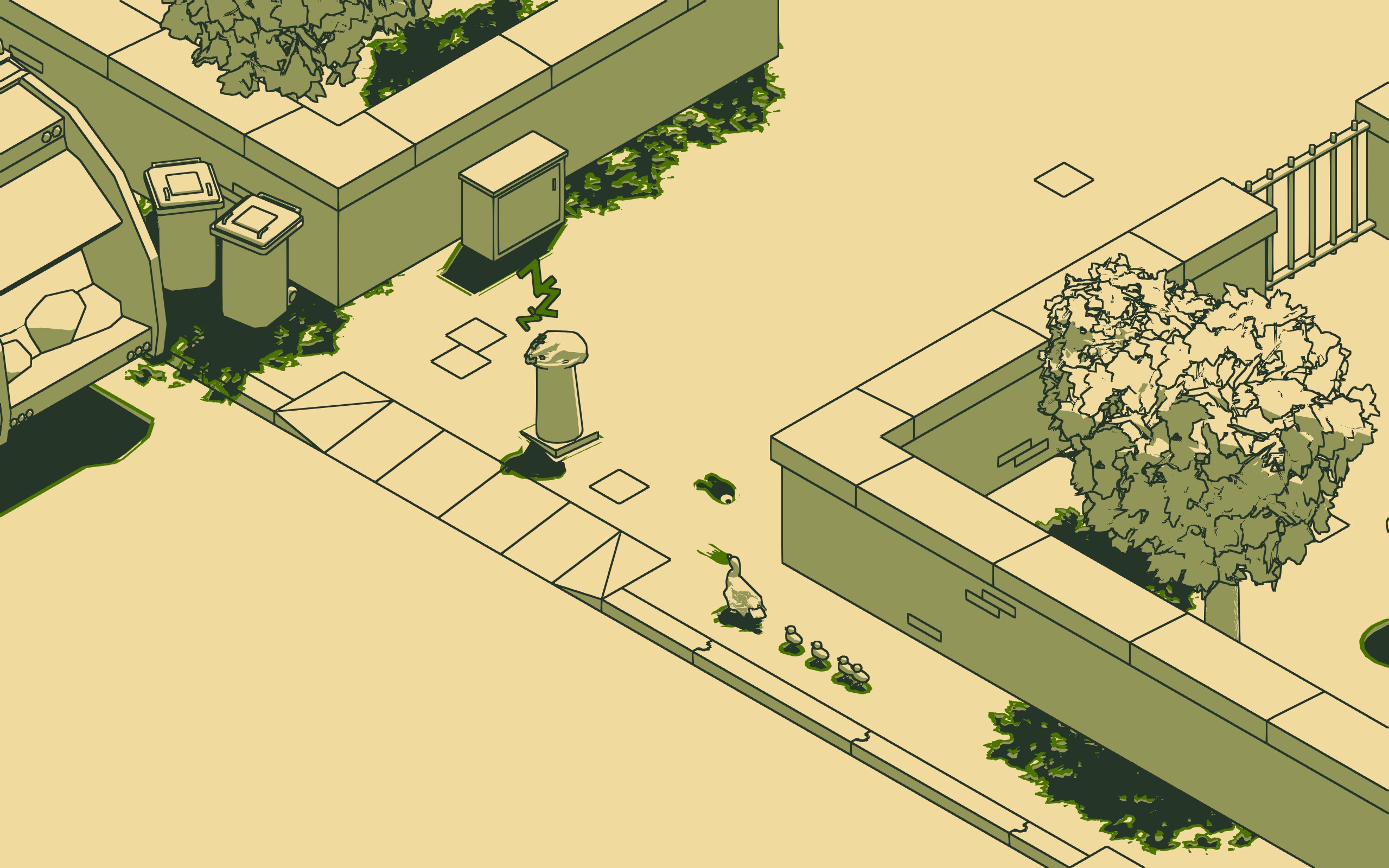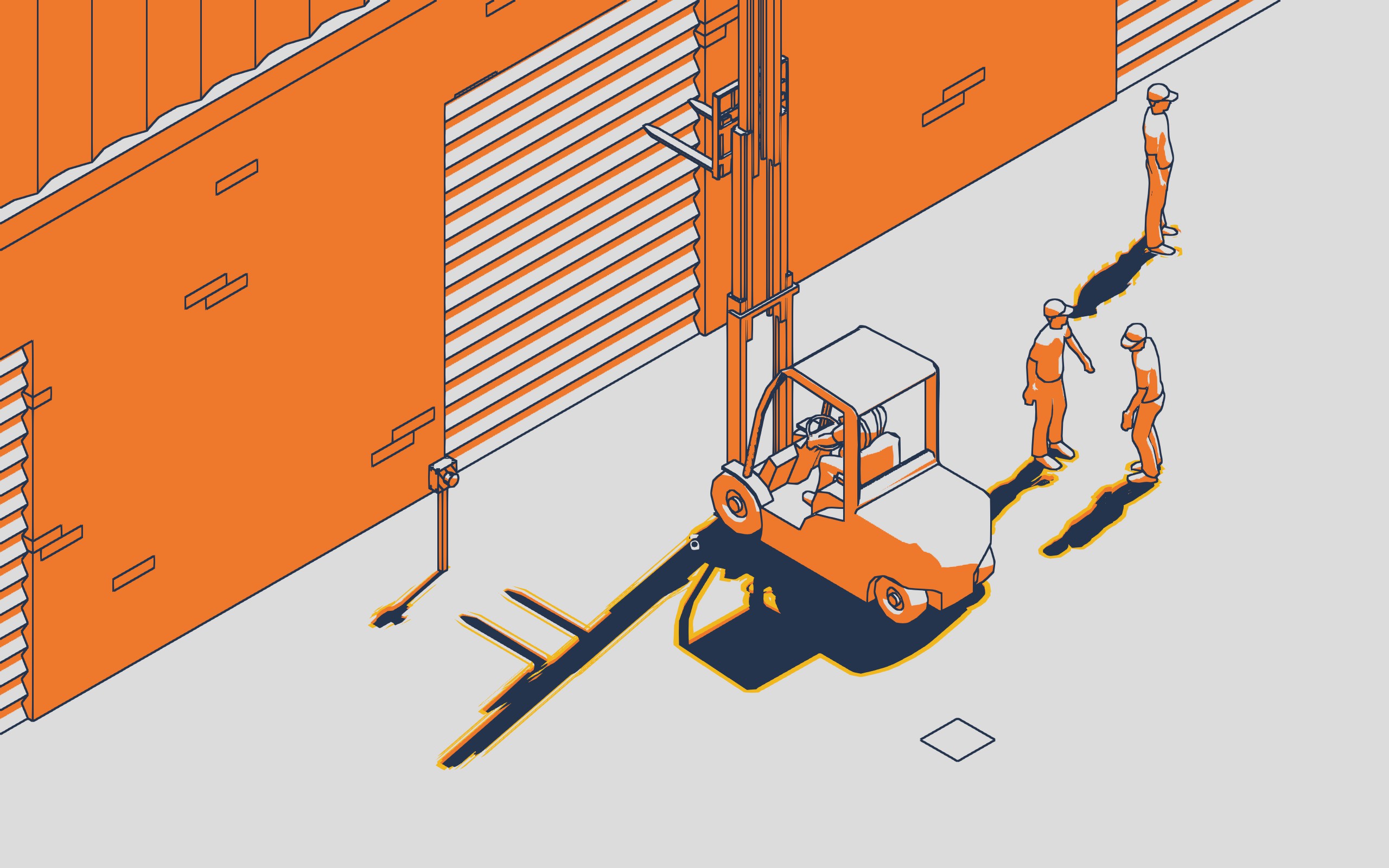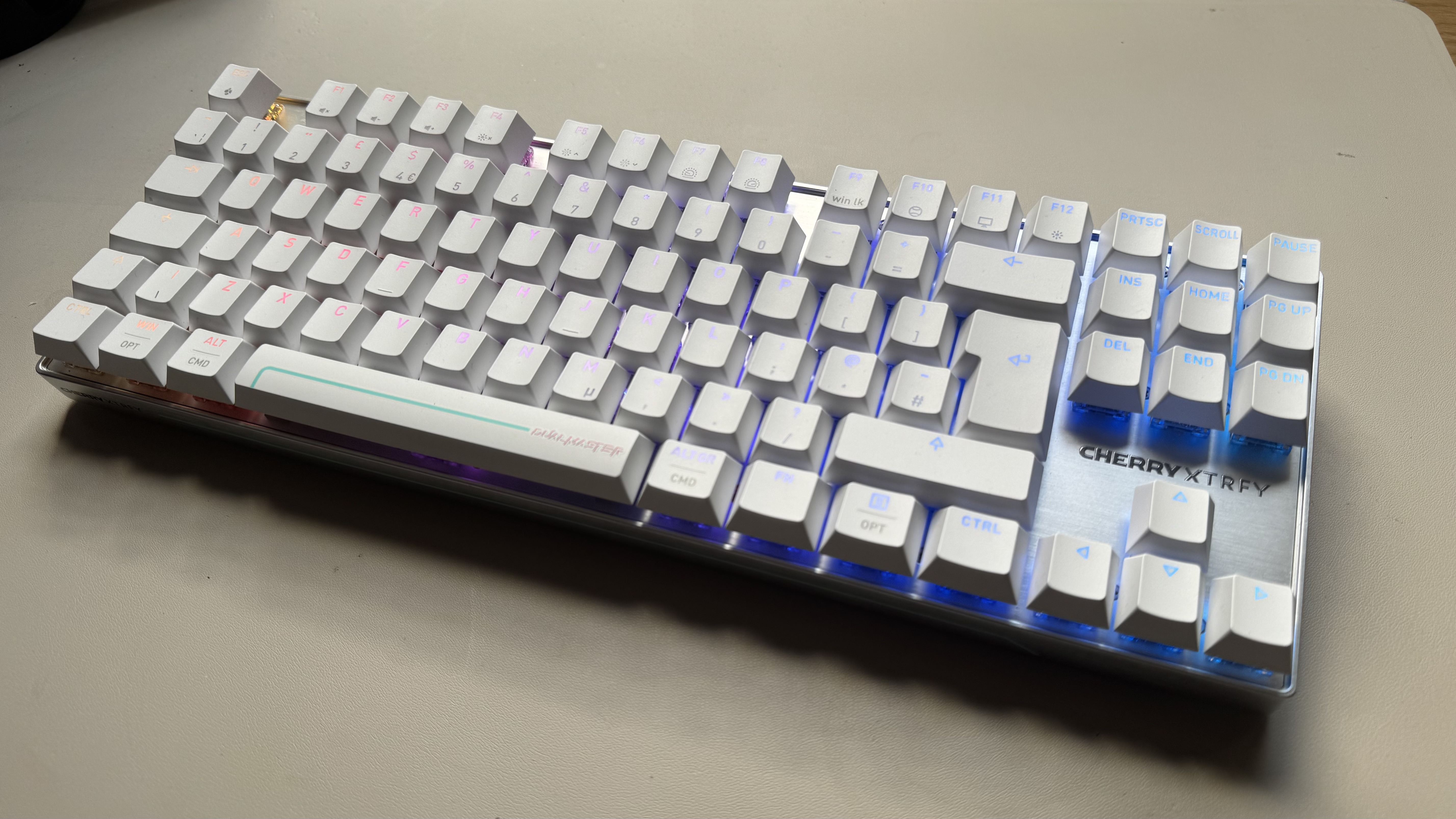Our Verdict
Not hard enough to be a challenge, but not painless enough to be relaxing.
PC Gamer's got your back
What is it? An isometric puzzle-platformer where well-lit floors are lava.
Expect to pay $22.50/£18.90
Developer Ewoud van der Werf, Nils Slijkerman
Publisher Extra Nice, PLAYISM
Reviewed on Windows 11, Ryzen 9 5900X, 32GB RAM, RTX 3080
Multiplayer? No
Out Now
Link Official site
Back in 2007 or so there was a real trend for indie puzzle-platformers, usually about a sad boy who had to go from the left of the screen to the right for some reason. Though it's not a 2D platformer, Schim reminds me of that era, when indie games would be about taking a single mechanic then expressing it through a different iteration in each level while squeezing as much emotional heft as possible out of storytelling on a budget.
In Schim you play a shadow creature that can't exist in the light, and have to hop from one puddle of darkness to the next like you're playing goth Frogger. With your eyeballs poking up out of the shadows as you swim around in them, there's a definite frogginess to the main character. Occasionally you see other shadow frogs hopping around in other shadows, with gigantic ones lurking in the darkness beneath trucks and the like. You're a more ordinary shadow frog though, one who lives in the shadow cast by a single person—until the moment you're separated, beginning a quest across the city to find your way back to the sad boy whose silhouette you call home.
Sometimes hopping is a matter of timing. You wait for a car or a cyclist or a box on a conveyor belt to pass so you can jump into its shadow and then onto the next. You can also interact with objects and beings whose shadow you're in, pressing buttons to open doors or change traffic lights or raise a forklift's arms to lengthen its shadow so you can rush to the edge and leap before it lowers. This is Schim at its best, when you're making a duck honk at a cat or turning on streetlamps to make new havens you can navigate. (The latter is necessary because there's no refuge in the actual darkness of night, which is as deadly as sunlight. It's not the absence of light you need, but the shadows cast by it.)
The city—and a slice of countryside—you cross is explicitly Dutch, as are Schim's creators. Some of the maps could be almost any videogame city with cars driving on the right, but occasionally you'll see a parked bicycle dangling over the side of a bridge it's chained to, or an unusually clean park, and realize you're in continental Europe. I wish there was more of this local color, especially when you leave it behind for a generic factory level or the like.
At the start of each chapter you're treated to a lengthy pan over the map, zig-zagging across the course you'll be following. You don't need to plan your path in advance, however, as it's almost always super clear where you need to go. Painfully so, in fact. Where you might expect the interactions to build into brain-bending puzzles or challenging feats of jumping, they never do.
Schim remains easy enough to suggest it's designed for relaxation rather than intensity, and yet those long pans across the level don't make me feel chilled out at all. They make me feel exhausted, each one showing where the sad boy you're following has gone next, a position you know he'll have moved on from by the time you get there. Every level ends in a tedious "princess in another castle" tease for the next one.
I was dealt a real blow by that feeling when I went back to Schim after taking a break to find it had lost an entire level of my progress. Replaying the map and trying different things revealed that, beyond a few collectibles hidden down dead ends you wouldn't bother with if you weren't an achievement hunter, there's nothing to Schim beneath the surface. The closest thing it has to difficulty comes when you need to quickly spin the camera around because you've passed behind an object into a moving shadow that won't be there for long, and the closest thing to relaxation is when you find a vehicle heading in the right direction and get to take your hands off the controls for a minute as it takes you where you need to go.
Keep up to date with the most important stories and the best deals, as picked by the PC Gamer team.
Condensed down to its best moments Schim would have been an impressive student game, but stretched out to the length demanded by full-price boutique indie label games it becomes a chore. The inventive puzzle-platformers of the class of 2007 cast a long shadow, and Schim doesn't do enough to escape from beneath them.
Not hard enough to be a challenge, but not painless enough to be relaxing.

Jody's first computer was a Commodore 64, so he remembers having to use a code wheel to play Pool of Radiance. A former music journalist who interviewed everyone from Giorgio Moroder to Trent Reznor, Jody also co-hosted Australia's first radio show about videogames, Zed Games. He's written for Rock Paper Shotgun, The Big Issue, GamesRadar, Zam, Glixel, Five Out of Ten Magazine, and Playboy.com, whose cheques with the bunny logo made for fun conversations at the bank. Jody's first article for PC Gamer was about the audio of Alien Isolation, published in 2015, and since then he's written about why Silent Hill belongs on PC, why Recettear: An Item Shop's Tale is the best fantasy shopkeeper tycoon game, and how weird Lost Ark can get. Jody edited PC Gamer Indie from 2017 to 2018, and he eventually lived up to his promise to play every Warhammer videogame.




